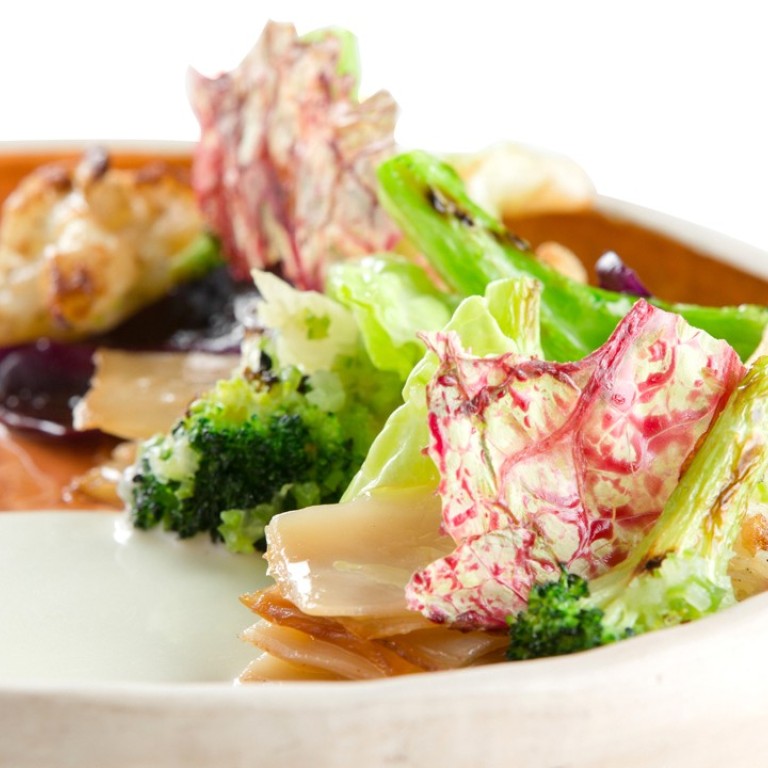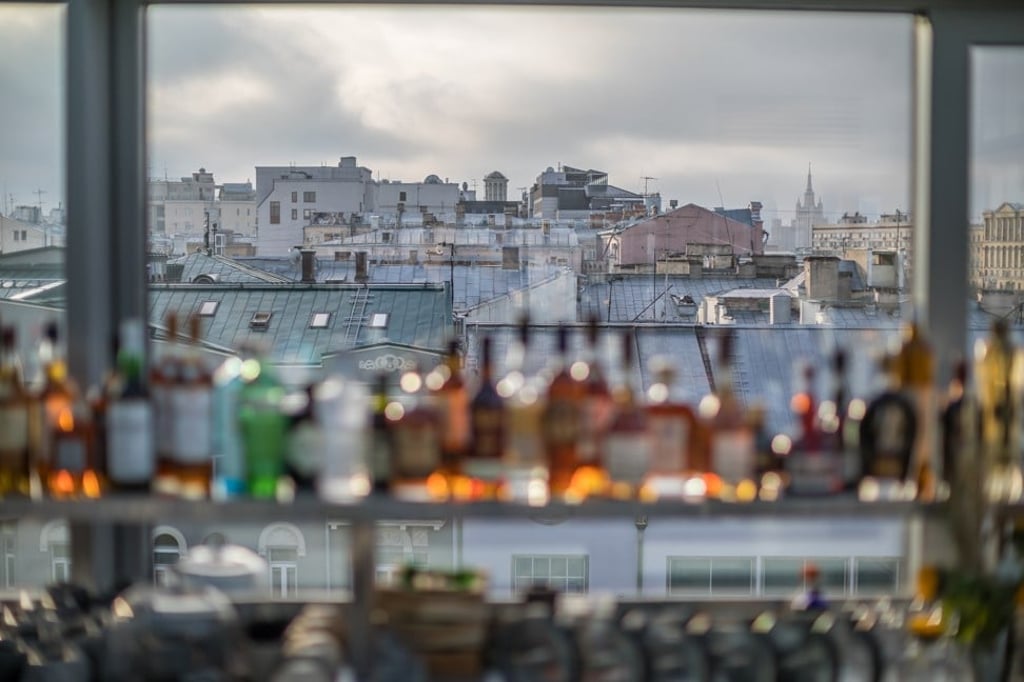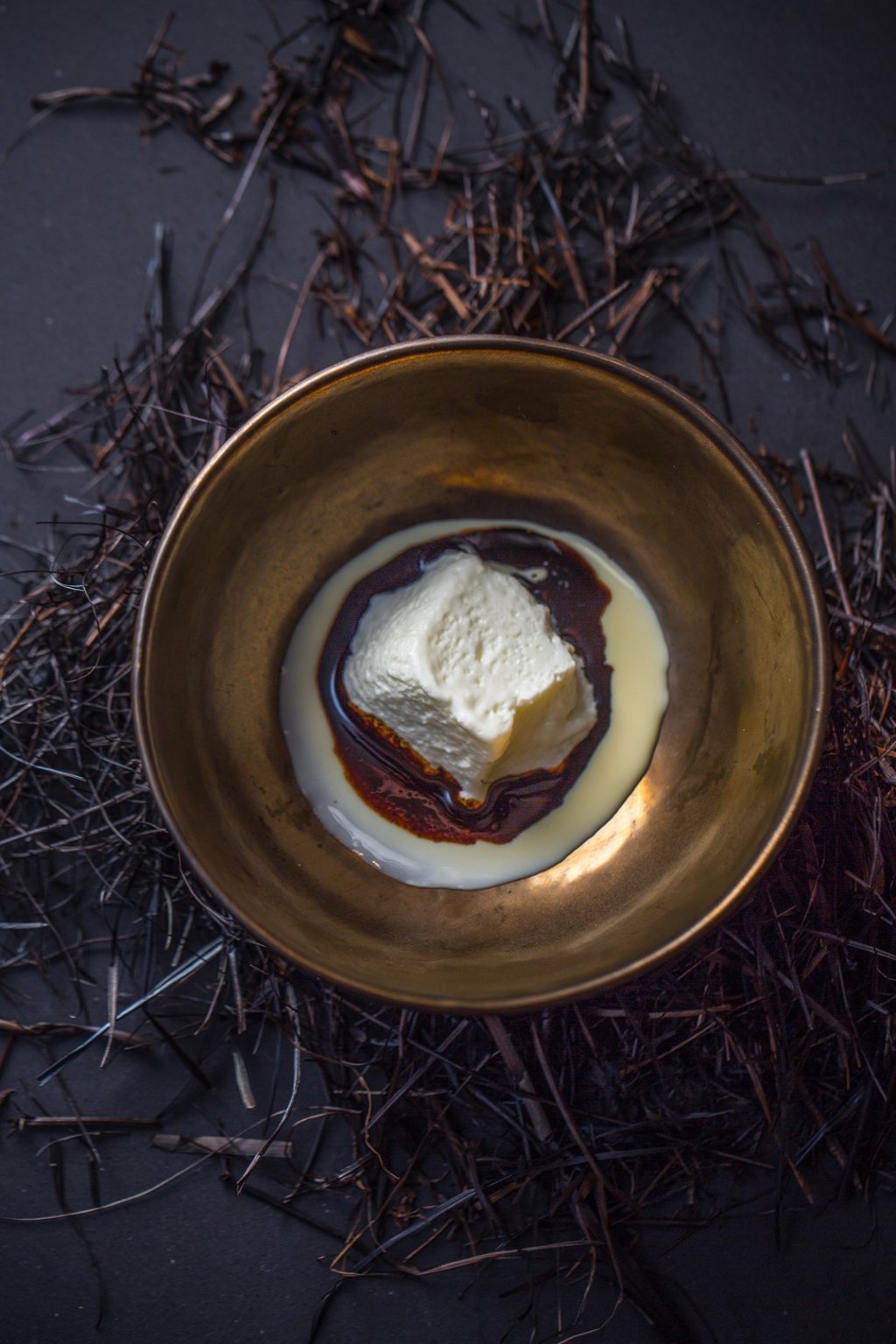Why Russian chefs are leading a different kind of revolution

Guests can savour seafood from the Far East, lamb from Kabardino-Balkaria, St Petersburg smelt, honey agarics and mushrooms from the Urals, as well as red deer meat from Altai
In a country as large as Russia , which has 11 time zones and covers an eighth of the Earth’s inhabited land area, the word “local” may seem ambiguous, and the concept of a “locavore” (someone devoted to eating locally grown food) a bit far-fetched.
Yet this vast country is experiencing an agricultural boom, and with it, a patriotic locavore culinary revolution is taking root. This has inspired Russian chefs to look inward at the country’s expansive terroir.
“From 2014, we have been living with sanctions in Russia, so a lot of ingredients from Europe and the US are banned,” says Anna Kukulina, editor of Simple Wine News magazine.
“Many restaurants were forced to become locavore and work directly with local products. These restaurants included Twins Garden, Chestnaya Kuhnya [Honest Kitchen], Matreshka, LavkaLavka, White Rabbit, as well as Mark and Lev [Tula],” Kukulina says.
Many observers think this move is a direct result of the embargo on imported agricultural products instituted by the European Union, the US, Canada, Australia and Norway in 2014. But chefs say that the shift towards Russian produce started years before that.
“Our move to local produce is not associated with the embargo,” says Vladimir Mukhin, head chef of White Rabbit, which currently ranks number 15 on the World’s 50 Best Restaurants list.
“We started working with local producers before that. By 2014, we already had a pool of local suppliers that were providing us with the produce we needed,” he says, adding that his restaurant only imports “what is not physically produced in Russia, like olive oil”.

